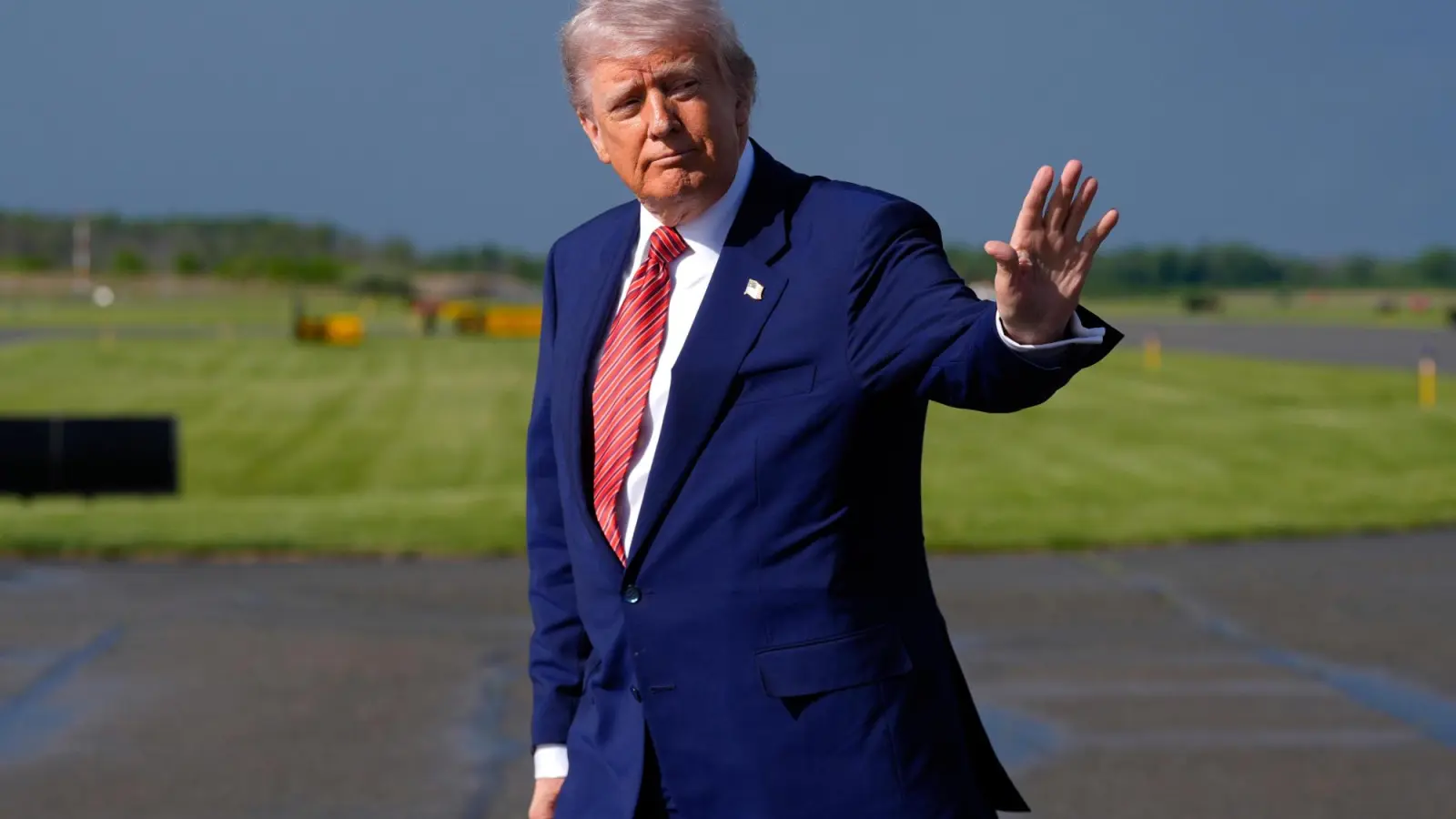In a sharp legal setback for Donald Trump, a federal judge has struck down an executive order targeting WilmerHale, the prominent law firm known for representing clients in high-stakes cases—including some that have challenged Trump-era policies. The court’s decision not only halts the controversial order but also underscores the ongoing tension between the former president and firms that have held his administration to account.
What Was the Executive Order About?
The executive order, issued during Trump’s final months in office, was widely seen as retaliatory. It aimed to limit federal contract eligibility for law firms, including WilmerHale, that had participated in litigation against Trump policies. Critics called it a blatant abuse of presidential power, targeting legal adversaries under the guise of administrative reform.
The language of the order framed the move as protecting taxpayer interests and national security. But the underlying message was clear: firms that push back against the Trump agenda could face financial consequences.
Why Was WilmerHale Targeted?
WilmerHale has been a frequent presence in high-profile litigation, including challenges to immigration bans, environmental rollbacks, and election-related lawsuits. As such, it became a symbolic enemy for Trump allies, who accused the firm of undermining the administration through “lawfare.”
The executive order was an unprecedented step. Legal experts, including former DOJ officials, raised concerns about First Amendment violations and the chilling effect on legal advocacy. WilmerHale filed suit almost immediately, calling the order unconstitutional and politically motivated.
What the Judge Ruled
In a detailed ruling, the federal judge found the order to be “arbitrary and capricious,” and said it lacked any clear legal basis. The court emphasized that targeting firms for their legal work—especially work protected by the Constitution—was a clear overreach of executive power.
The judge went further, warning that such actions set a dangerous precedent by punishing dissent in the legal arena. The ruling sends a strong message: federal power cannot be used to stifle legitimate legal representation.
What’s Next for WilmerHale and Similar Firms?
With the executive order struck down, WilmerHale is free to continue its work without fear of financial retaliation. But the case has also elevated concerns about how politics is shaping the legal landscape. While Trump is no longer in office, his influence over political norms—and norms around the rule of law—continues to be tested in the courts.
The ruling is a win not just for WilmerHale, but for the broader principle that legal firms must be able to challenge government power without facing politically driven penalties. It reaffirms that the courtroom remains a critical arena for accountability—regardless of who’s in charge.



